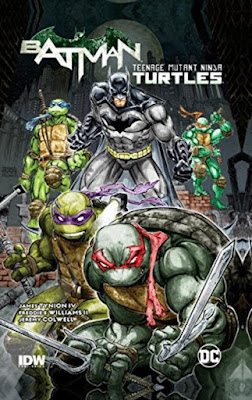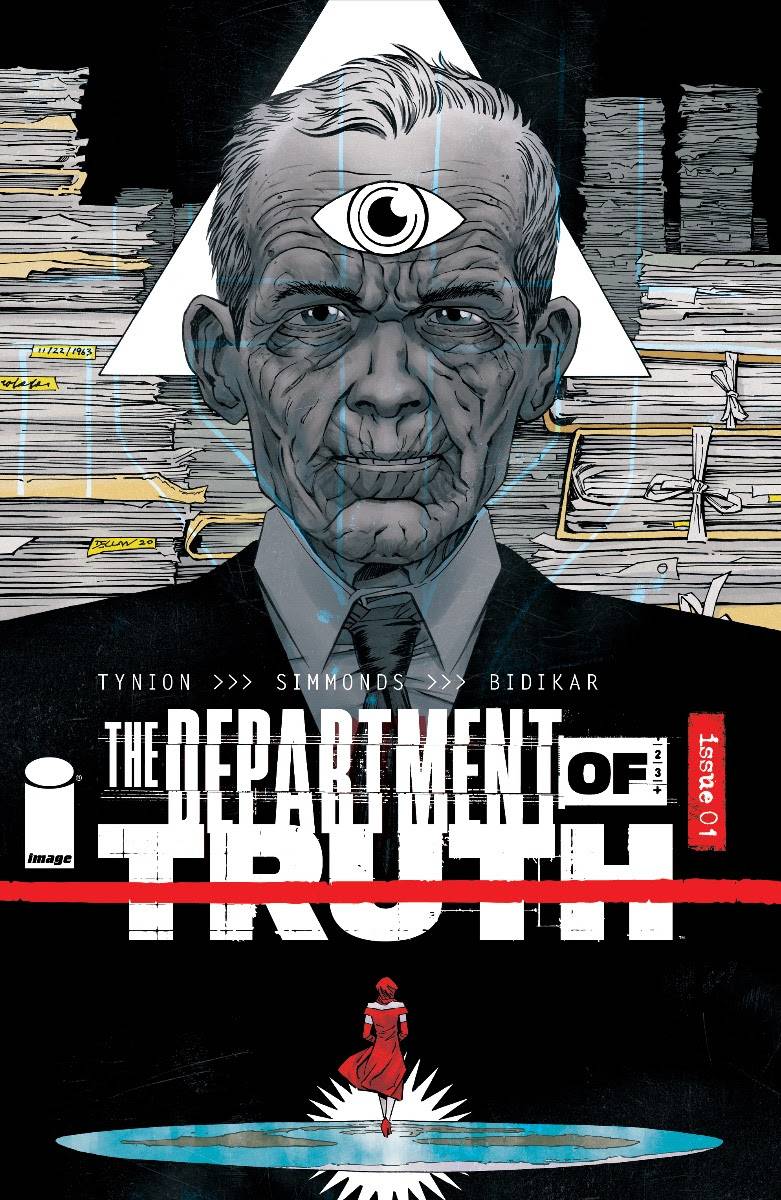
Here's just one of very many about conspiracy theories becoming tulpas, a guy who obsessed about the Slender Man for years. From Hell, his long novel based on his belief that the "Jack the Ripper's" were occult-based killings.Īnyway, this is an ambitious and intense comic this volume had too much talk in it, though I liked the Bigfoot parts and the way Cole's personal story is connected to his interest in conspiracy theories (as it is for Fox Mulder, who believes his sister was abducted by aliens). Alan Moore's Providence is in part about this, and the occult.

Tynion has a guy in this volume explain (for way too many pages) all sorts of background about tulpas, egregores, (go ahead, look them up) and magic. This is the second volume of a sketchily and darkly drawn series that, similar to The X-Files, assumes that there is a government agency called the Department of Truth, that investigates conspiracy theories, though in both series, there is some concern that the guvamint may actually at times be propagating these theories. This comic features a guy who is gay and who knows what mistaken beliefs about being gay can do to destroy lives.

Or that the current pandemic is also God's punishment for something or other. I won't mention all the conspiracy theories on the internet today, but belief in them might be akin to beliefs such as that being gay brought on God's punishment, AIDS. Some are lies developed for political gain: Was the 2016 election stolen? If you say it often enough and enough people say it with you, do beliefs actually form? Then, and this is key, does that belief actually shape reality?

Most of these theories are relatively benign, yet almost all of them are fear-based: Yeti, The Loch Ness Monster, immigrants. Though probably conspiracy theories have been with us forever-maybe most religions can be seen by non-believers as conspiracy theories (masturbation is sinful and will send you to Hell maybe the threat of Hell itself is a conspiracy theory). Not just shapes it for them, but for us as well, of course. "Why, sometimes I've believed as many as six impossible things before breakfast," she declares.Īn intense comics series I guess I have to call horror about a key dimension of modern life, the way belief in conspiracy theories actually shapes the world in so many damaging ways. In Lewis Carroll's "Through the Looking-Glass," the sequel to "Alice's Adventures in Wonderland." The Queen tries to persuade Alice that you can believe impossible things - and suggests that it helps if you practice.


 0 kommentar(er)
0 kommentar(er)
